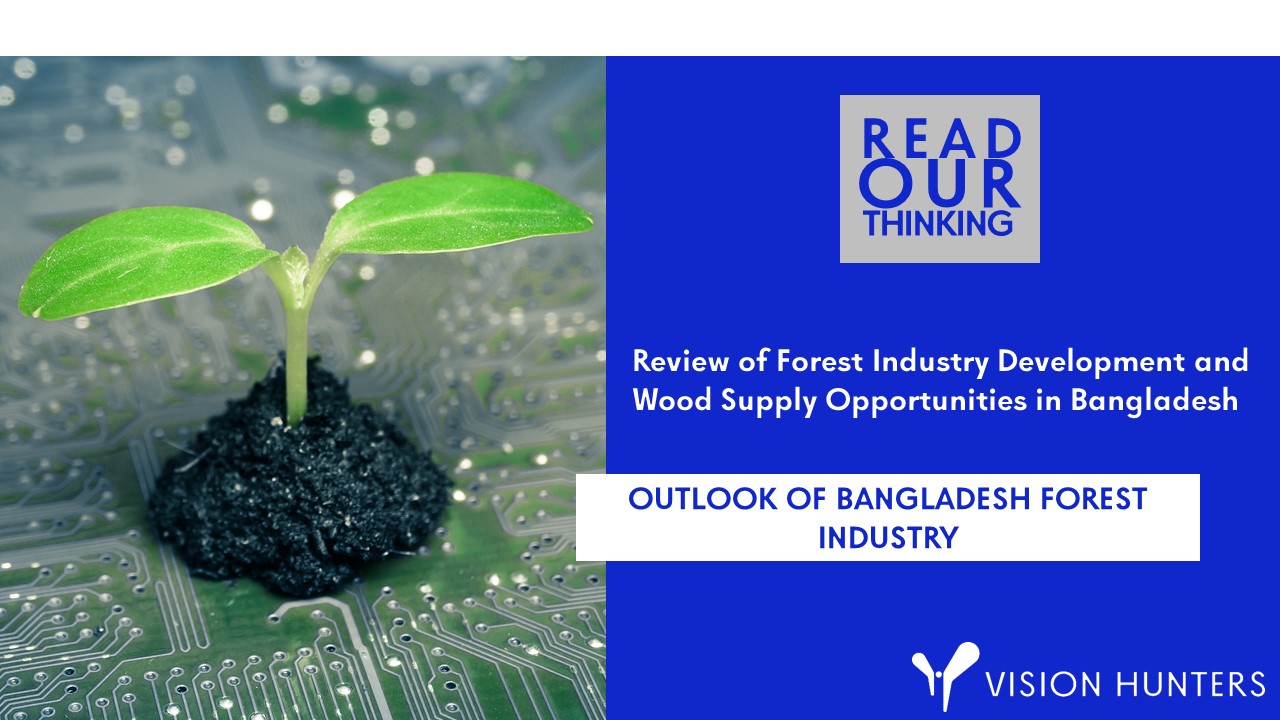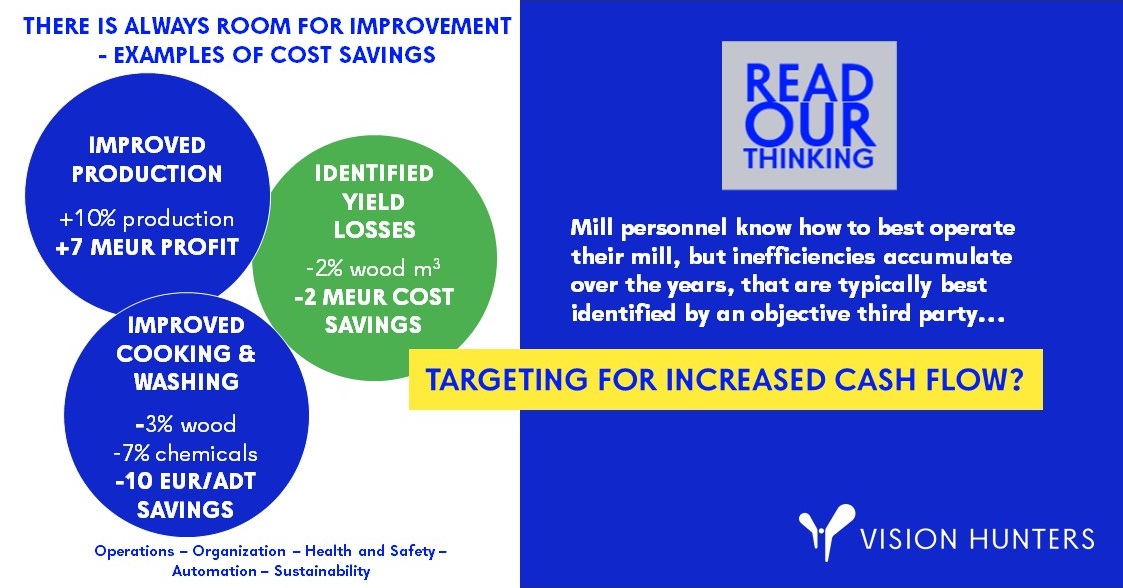The forest industry provides a sustainable textile material alternative and plays an active role in the future of fibers. Many new innovations are surging, being currently in early commercialisation phase. Cellulose-based fibers can bring new high-value added production to the pulp industry and materials such as lyocell will drive the conversion of paper pulp to dissolving pulp.
November 19, 2020
Investing with consideration to issues beyond financial returns, or active ownership, has become widespread during the past decade. ESG investing implies investments that simultaneously seek both positive returns and positive impact on society and the environment considering ethical, governance and sustainability issues. Change has been driven simultaneously by regulators, clients, companies as well as asset managers.
July 17, 2020









